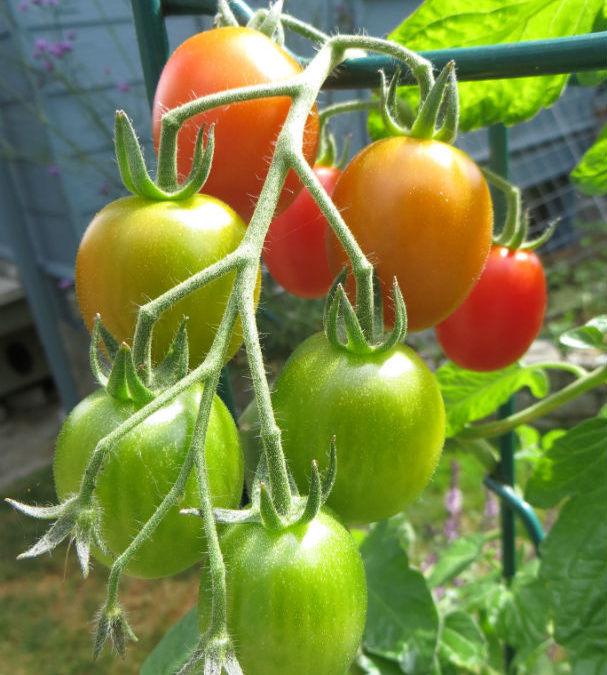Christi was in a terrible bike accident in July. She was biking in Montana, in rangeland in the middle of a bike posse drafting — the art of the first person in the posse breaking the wind for those cyclists behind — a tried and true method of going longer distances faster without getting tired. With drafting, once the lead cyclist is tired, he moves to the back of the pack. Christi hit a piece of mid-road shrapnel and somersaulted into a gravel/grass ditch, hitting face first and continuing to tumble, badly injuring her spine. After time in the ICU and then a rehab center, she is scheduled to go home one month after the accident. Whether she will regain full mobility is unknown.
Getting Well With Food
But how does this story relate to food and land? Hospital patients are sick and need to be made whole again, often eating a specific diet to help them become healthy again. Christi knew that good, wholesome healthy food is what she needed to repair her badly torn body. The hospital provided a menu from which she could select her meal. She asked for a salad, expecting dark leafy greens, providing vitamins A, C, K, calcium, iron and folate and was instead served iceberg lettuce, which pales in vitamin content. Her dessert selection was a fruit cup. Rather than enjoying the bounty of the Northwest’s fresh seasonal fruit, it was canned fruit.

Tomatoes grown on the vine contain more vitamin C and taste better.
Her hospital purchased food through a General Purchasing Organization (“GPO”) contract and had no commitment to fresh local foods, which provide more nutritional content, according to the Harvard Medical School, Center for Health and the Global Environment. One example of healthy food are locally grown tomatoes that are allowed to ripen on the vine and have a higher Vitamin C content than those that are chosen for durability and travel.
Generally speaking, hospital food is notoriously bad, but in Washington State, 21% of the hospitals have signed the Health Care Without Harm Pledge, which is a framework to guide the health care industry to improve the food in their hospitals. Hospitals that are implementing the pledge are offering more fruits, vegetables, and nutritionally dense food and working with local farmers, distributors, and food experts to incorporate fresh, locally grown food in their patient and cafeteria meals.
Practice Greenhealth Webinar
On Thursday, August 30, 2012, at 11 a.m., PDT, (2 p.m., EDT), Practice Greenhealth, a non-profit specializing in environmental solutions for the healthcare sector, will offer a webinar on Preserving Farm and Farmland: The Power of Health Care’s Institutional Markets with three Seattle area food and farmland experts. Kathryn Gardow of Gardow Consulting will demonstrate how easily farmland is lost to other uses and how hospitals can strengthen their ties to local food sources. Lucy Norris of Northwest Business Agricultural Center will show how her organization is connecting farmers with hospital food providers. Pam Thiemann of Multicare Health System, Tacoma General Hospital will explain how her hospital began with a local egg producer, has meatless Mondays, is scheduled to eliminate their cafeteria fryer on August 30, and is ready to launch a brand new patient meal program, too!

Fresh apples and pears available at the hospital cafeteria
Hospitals can purchase directly from local farmers, developing relationships with the local agricultural community. By providing the best food available to serve their patients and guests, hospitals can strengthen the rural farm community, too. Christi continues to make progress and is home now, eating good, healthy, locally grown food.
Kathryn Gardow, P.E., is a local food advocate, a land use expert and owner of Gardow Consulting, an organization dedicated to providing multidisciplinary solutions to building sustainable communities. Kathryn has expertise in project management, planning, and civil engineering, with an emphasis on creating communities that include food production. Kathryn’s blog will muse on ways to create a more sustainable world.


Hola! I’ve been following your website for some time now and finally got the courage to go ahead and give you a shout out from Lubbock Tx! Just wanted to tell you keep up the great work! Eulalia